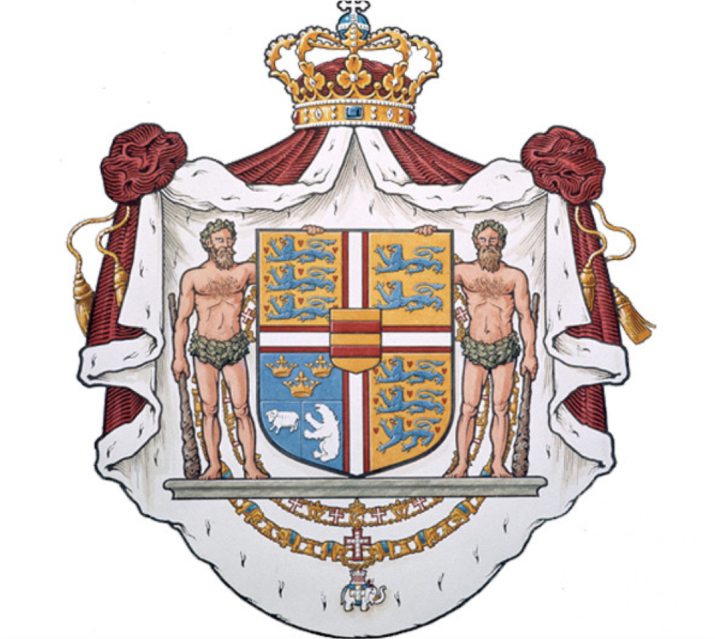I am still not sure why it is so amazing that Christian officially is regent when his father is abroad. In practice his responsibility is reduced to signing some papers if strictly necessary. As Frederik himself explained, that can be done while running (during military training) - which means, it is unlikely that he truly was able to even read what he was signing. It is not that Christian is holding audiences with politicians or members of the general public, receiving foreign dignitaries or undertaking lots of solo duties while his parents are abroad etc. It's just an ancient practice that someone in the family always needs to be present in Denmark as unlike other monarchs, Frederik is not allowed to sign anything digitally when abroad - so when his signature is needed, someone has to step in.
That's just in case.
The whole Law of Succession and the paragraphs regarding the monarchy in the Constitution is basically one big "just in case." And those who put together the first Constitution (They did so up the First Schleswigan War mind you) were
very thorough!
They covered pretty much everything that had already happened in Danish history or could possibly happen. With particular emphasis on "someone needs to be in charge - and
seen to be in charge."
A few examples:
Just in case of the Swedes launch a surprise attack. (See what happened in 1940. The Swedes might get ideas...)
The King is murdered by a usurper.
The King dies while abroad somewhere, we are not even sure where actually. (Did happen, on a pilgrimage to the Holy Land).
The King is taken hostage abroad. (King Richard the Lionhart.)
There is a revolution or an attempted coup d'etat.
A volcano erupts somewhere and the King has to take the slow boat home.
A major natural disaster. (The Doggerland tsunami 8000 years ago could theoretically happen again anytime. Albeit on a minor scale. And that would cause havoc as far away as the east coast of North America.)
The King writes home and asks to be relieved of his burden and be allowed to just stay where he is. (Happened in the early 1700s. Christian VI IIRC.)
A combination of the above.

 www.seoghoer.dk
www.seoghoer.dk




